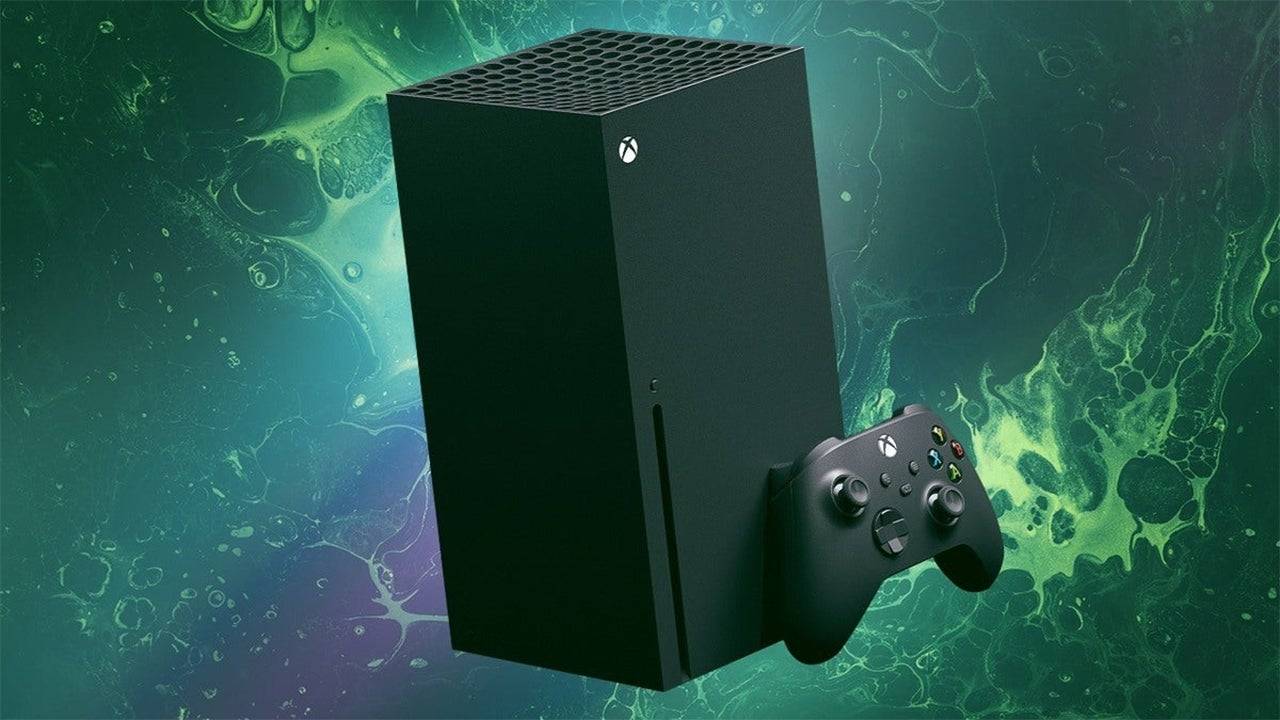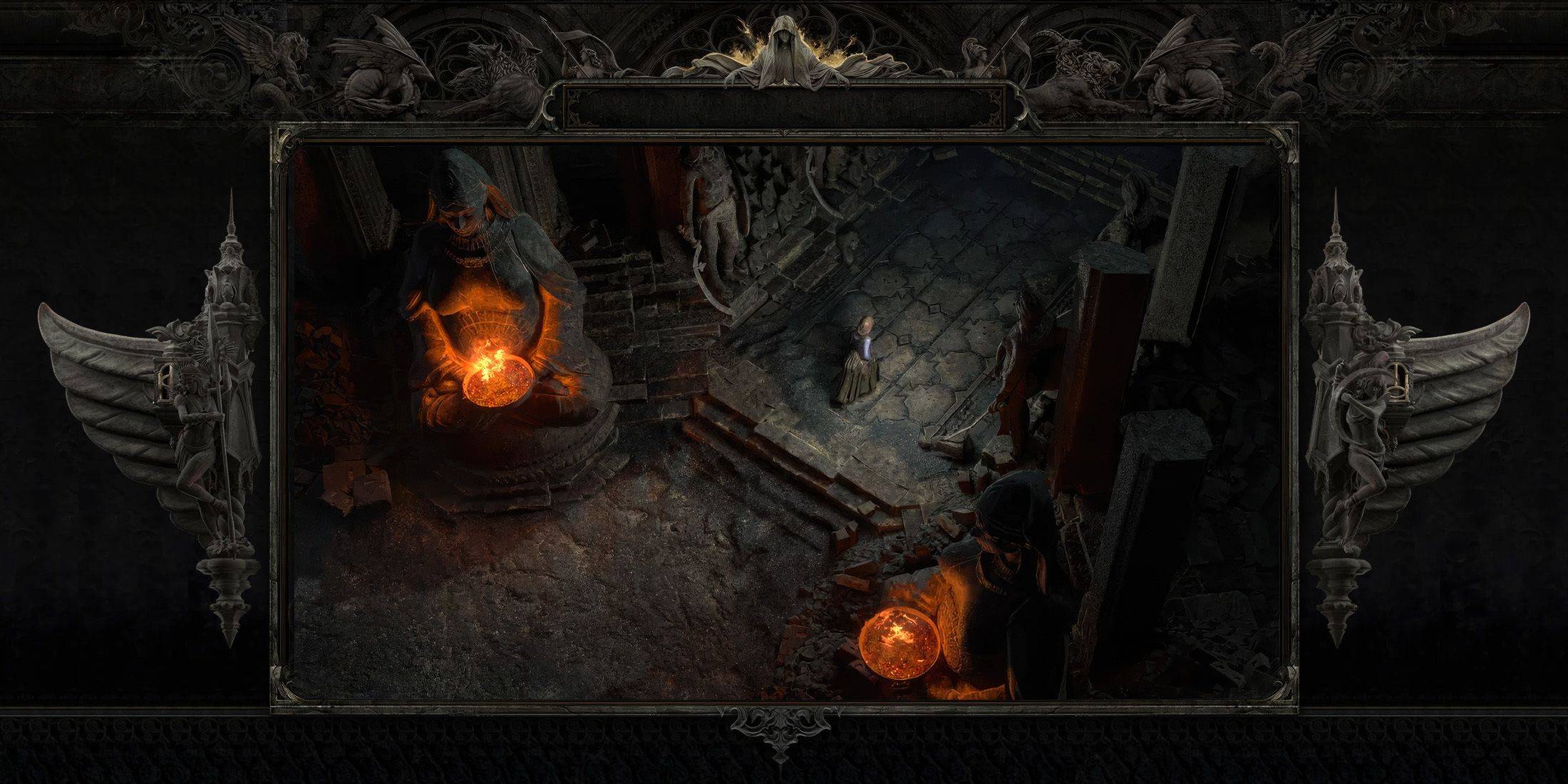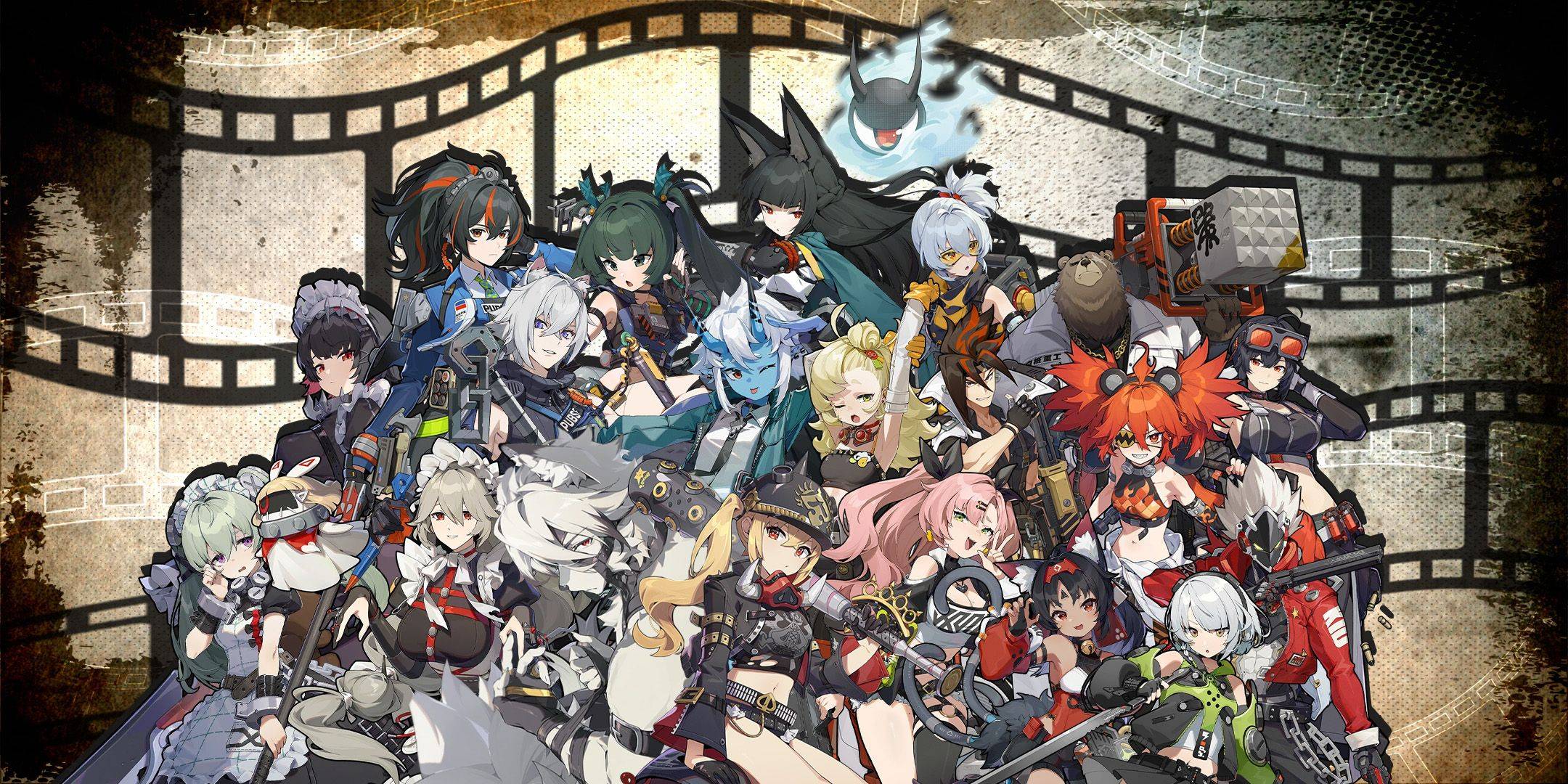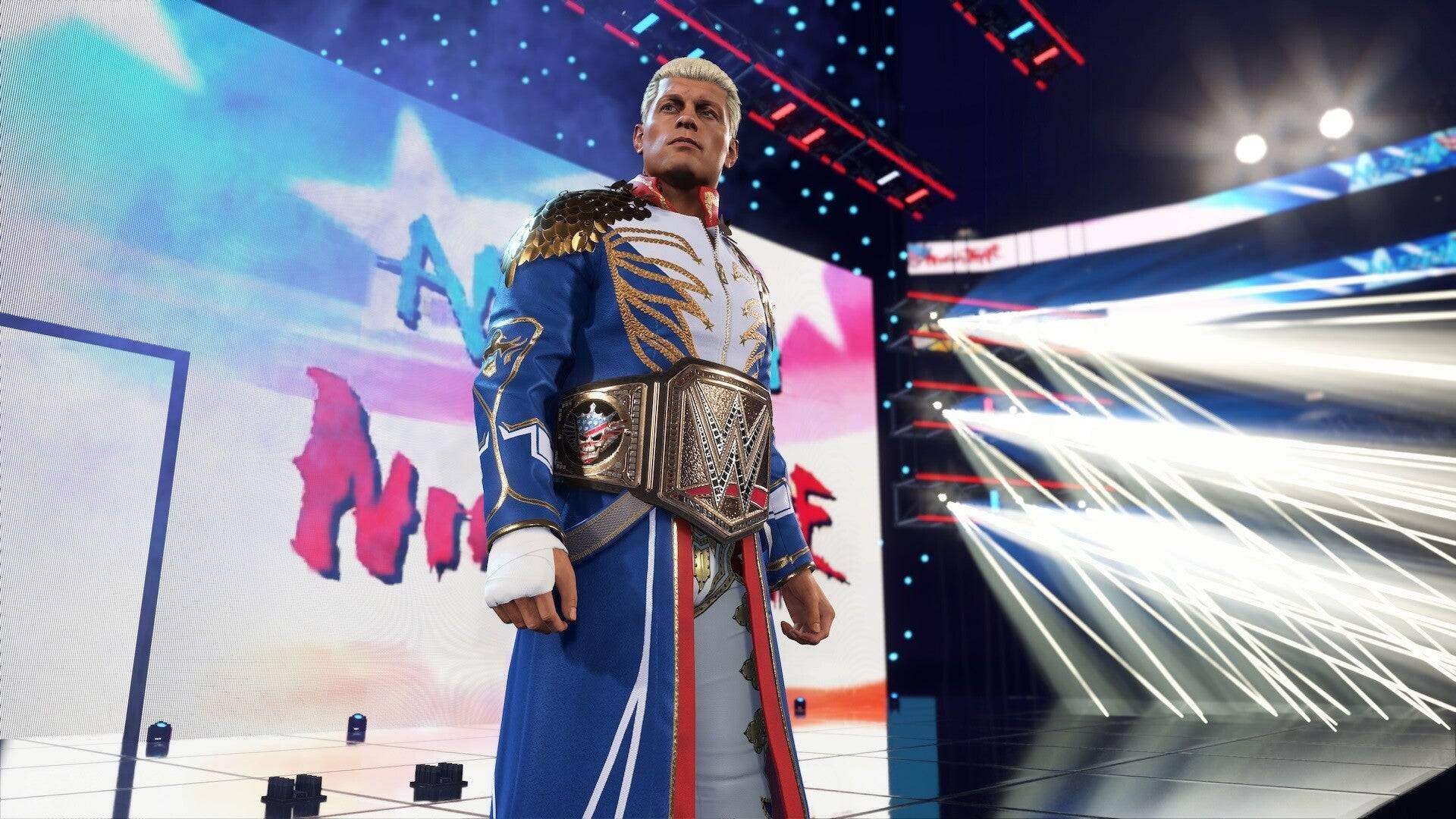The age-old debate between PlayStation and Xbox has been a staple of the gaming world for years. Whether you've participated in Reddit discussions, created TikTok content, or debated with friends, you're likely familiar with this rivalry. While some gamers swear by PC gaming and others champion Nintendo, the past two decades have been significantly shaped by the competition between Sony and Microsoft. However, the landscape of the gaming industry has changed dramatically, especially over the last year. With the rise of handheld gaming and the tech-savvy younger generations building their own gaming rigs, the traditional "console war" seems to have transformed. Has a winner emerged? Perhaps, but the answer might surprise you.
The video game industry has evolved into a financial powerhouse, with global revenues soaring from $285 billion in 2019 to $475 billion in 2023. This figure surpasses the combined earnings of the global movie and music industries, which stood at $308 billion and $28.6 billion, respectively. The industry's growth trajectory shows no signs of slowing down, with projections estimating nearly $700 billion by 2029. This impressive growth from the days of Pong underscores the industry's dynamic evolution.
The lucrative nature of gaming has attracted Hollywood stars like Mads Mikkelsen, Keanu Reeves, Jon Bernthal, and Willem Dafoe, who have all featured in games over the past five years. Their involvement highlights the shift in how video games are perceived. Even giants like Disney are making significant moves into gaming, with a $1.5 billion investment in Epic Games during Bob Iger's second term, aiming to establish a strong gaming presence. However, not all are thriving equally in this booming market, with Microsoft's Xbox facing challenges.

The Xbox Series X and S were designed to be significant upgrades over the Xbox One, yet their sales have been underwhelming. The Xbox One outsells the Series X/S by nearly double, and according to Mat Piscatella from Circana, the current console generation may have already peaked in sales. 2024 sales figures from Statista reveal that the Xbox Series X/S sold less than 2.5 million units for the entire year, while the PlayStation 5 sold the same number in just the first quarter of 2024. Rumors of Xbox possibly exiting the physical game distribution market and pulling out of console sales in the EMEA region further indicate a retreat in the so-called "console war."
Microsoft has openly acknowledged that Xbox never truly had a chance in the console war. As a result, the company is shifting its focus away from traditional console sales. Xbox Game Pass has become a central strategy, with internal documents revealing the high costs associated with adding major titles like Grand Theft Auto 5 and Star Wars Jedi: Survivor to the service. Microsoft's recent "This Is An Xbox" campaign suggests a rebranding effort, positioning Xbox as an always-accessible service rather than just a piece of hardware.
This shift is evident in Microsoft's rumored development of an Xbox handheld, as well as plans to launch a mobile game store to compete with Apple and Google. Xbox chief Phil Spencer has acknowledged the dominance of mobile gaming, indicating that Xbox aims to be a brand you can play anytime, anywhere.

Microsoft's pivot is driven by the growing dominance of mobile gaming. In 2024, out of an estimated 3.3 billion gamers worldwide, over 1.93 billion play on mobile devices. Mobile gaming's market valuation reached $92.5 billion in 2024, representing half of the total $184.3 billion video game market. In contrast, console gaming's share was $50.3 billion, a decline from the previous year. The shift to mobile gaming has been evident since 2013, with mobile titles like Puzzle & Dragon and Candy Crush Saga outperforming traditional console games like GTA 5 in revenue. Over the last decade, mobile gaming has become the dominant force across all generations, especially among Gen Z and Gen Alpha.
Beyond mobile, PC gaming has also seen significant growth, with an increase of 59 million players annually since 2014, reaching 1.86 billion by 2024. Despite this, the gap between console and PC gaming markets has widened from $2.3 billion in 2016 to $9 billion in 2024, indicating a decline in PC gaming's market share. This trend poses additional challenges for Xbox, given its strong presence on Windows PCs.

Meanwhile, Sony's PlayStation 5 has enjoyed considerable success, with 65 million units sold to date, significantly outpacing the combined 29.7 million sales of the Xbox Series X/S. Sony's Game and Network Services reported a 12.3% profit increase, driven by strong first-party sales such as Astro Bot and Ghost of Tsushima Director's Cut. Projections estimate that by 2029, Sony will have sold 106.9 million PS5s, while Microsoft anticipates selling between 56-59 million Xbox Series X/S units by 2027. Sony's dominance is further underscored by Phil Spencer's comments on Xbox titles potentially coming to PlayStation and other platforms.
However, the PS5's success is not without its challenges. Half of PlayStation users still prefer their PS4s, partly due to a lack of compelling PS5-exclusive titles. Only 15 genuine PS5-exclusive games exist, excluding remasters, which may not justify the console's $500 price tag for many. The PS5 Pro, priced at $700, received a mixed reception, with many feeling the upgrade came too early in the console's lifecycle. The true potential of the PS5 may be realized with the release of Grand Theft Auto 6 later this year.
AnswerSee ResultsSo, is the console war truly over? Microsoft seems to believe it never had a real chance to compete with Sony. While the PlayStation 5 has been successful, it hasn't yet offered a groundbreaking leap forward. The real winners appear to be those who have opted out of the traditional console battle. Mobile gaming's rise, with companies like Tencent potentially acquiring Ubisoft and Sumo Group, suggests a future where mobile gaming plays a central role in the industry's sustainability and profitability. With 10% of the world's population playing Zynga's games monthly, even casual mobile gamers are indirectly supporting major titles like Grand Theft Auto 6. The next chapter of video gaming will likely focus less on hardware power and more on the expansion of cloud gaming services. The console war may be over, but the mobile gaming war—and its myriad offshoots—has just begun.

 Latest Downloads
Latest Downloads
 Downlaod
Downlaod




 Top News
Top News









